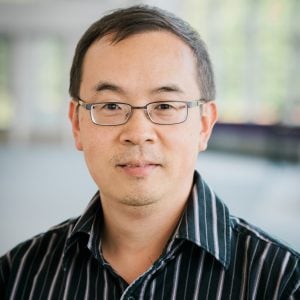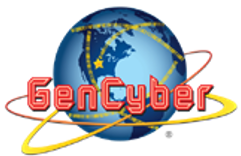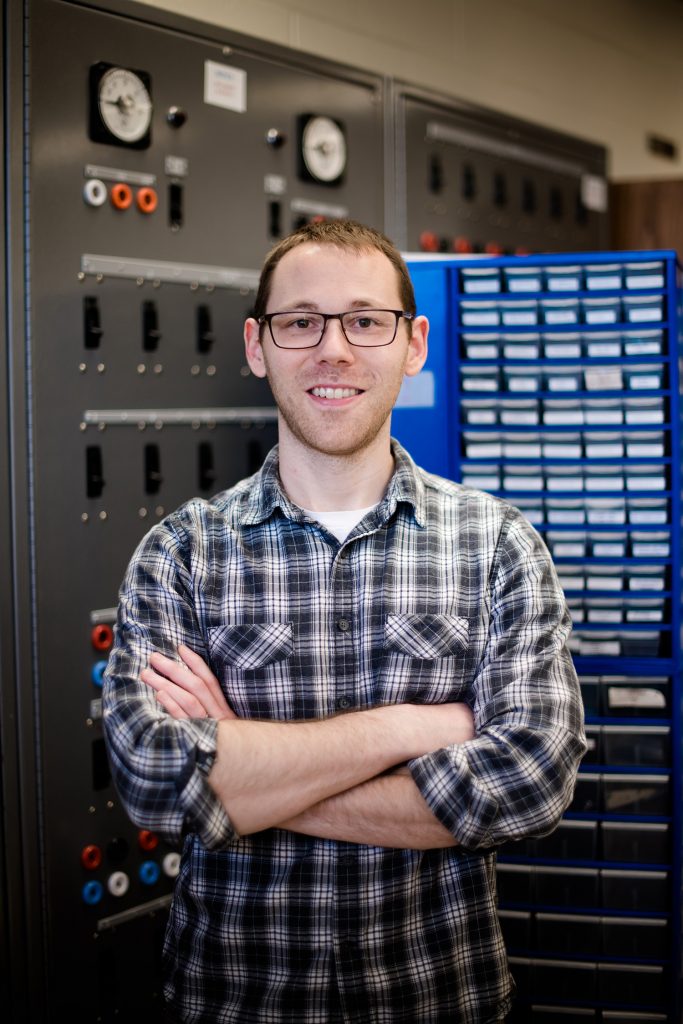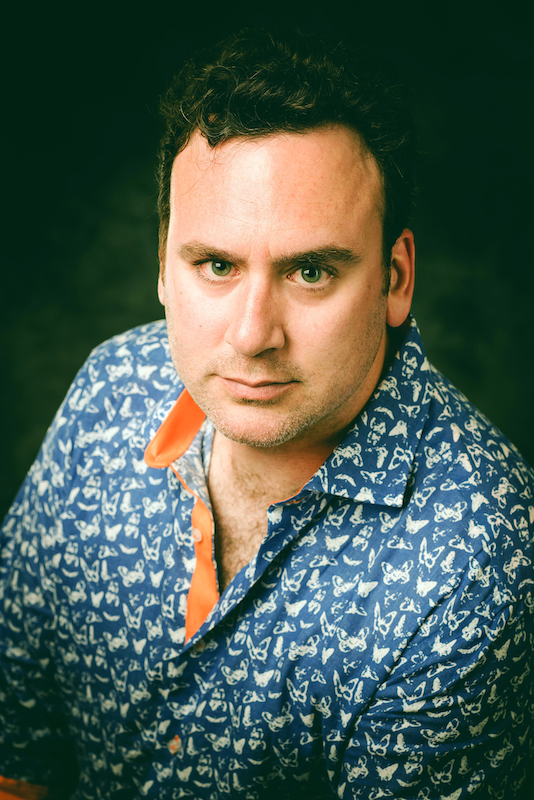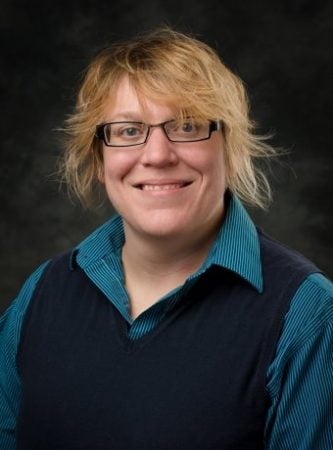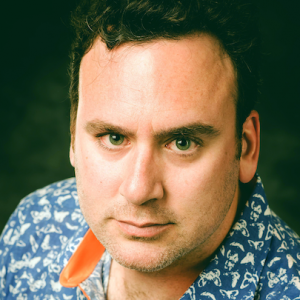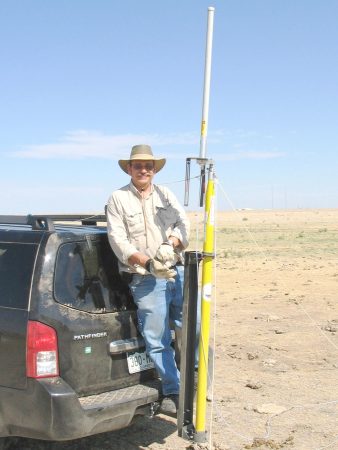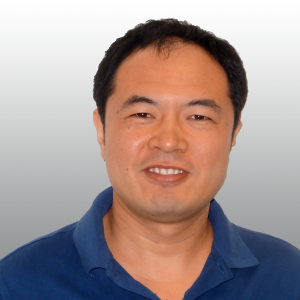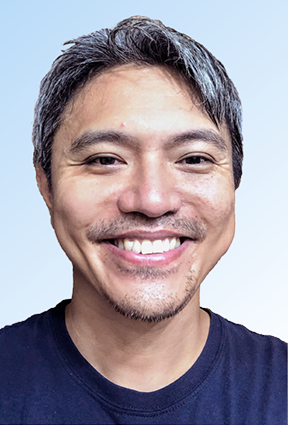
Associate Professor Chee-Wooi Ten, Electrical and Computer Engineering, was cited in the article, “Reports Summarize Engineering Study Results from Electrical & Computer Engineering Department (Premium Calculation for Insurance Businesses Based On Cyber Risks In IP-based Power Substations),” published August 11, 2020 in Advisor News.
Ten is a member of the Institute of Computing and Cybersystems (ICC) at Michigan Tech and the ICC’s Center for Cyber-Physical Systems.
The paper emphasizes a framework of premium calculation for cyber insurance businesses by modeling potential electronic intrusion with steady-state simulation results and its direct hypothesized impacts, according to the article, citing a NewsRx press release.
The article discussed Ten’s National Science Foundation (NSF) Cyber-Physical Systems grant, “CPS: Medium: Collaborative Research: An Actuarial Framework of Cyber Risk Management for Power Grids.” Assistant Professor Yeonwoo Rho, Mathematical Sciences, is co-PI on the award. The three-year $349K project was awarded in August 2017. Read the abstract and view additional CPS and ICC research projects here, . View the award at NSF.com.
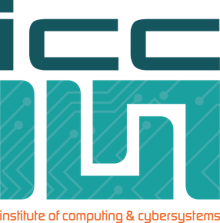
The Institute of Computing and Cybersystems, founded in 2015, promotes collaborative, cross-disciplinary research and learning experiences in the areas of computing education, cyber-physical systems, cybersecurity, data sciences, human-centered computing, and scalable architectures and systems for the benefit of Michigan Technological University and society at large.
It works to provide faculty and students the opportunity to work across organizational boundaries to create an environment that mirrors contemporary technological innovation.
Advisor News is published by InsuranceNewsNet, which describes itself as on the forefront of communicating breaking news and original insights to the industry. With thousands of news sources and hundreds of original articles, the site provides premium content typically only available through proprietary news outlets.
